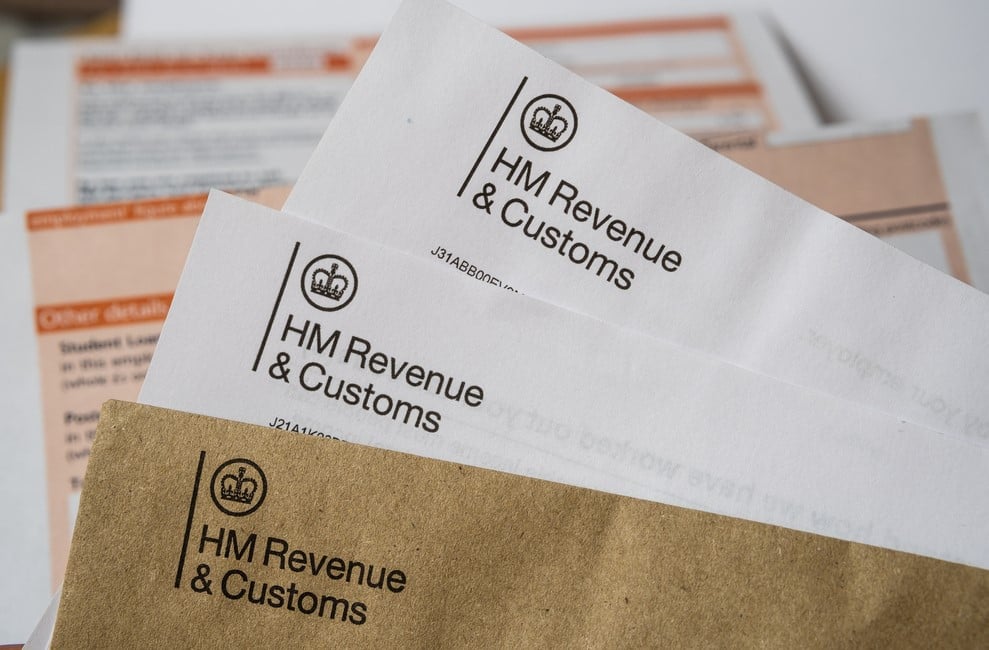HMRC can often propagate ripples of anxiety through anyone’s day. Usually, these correspondences appear in several forms, but one type that might land in your mailbox is the so-called “nudge letter.” Formulated to alert or urge taxpayers about their fiscal responsibilities, specifically pertaining to undeclared income, understanding your HMRC nudge letter is vital to ensure that you’re meeting your tax obligations effectively.
What specifically is an HMRC Nudge Letter?
A nudge letter from HMRC is essentially a preventive measure rather than an accusing one. These letters are part of HMRC’s plan to encourage taxpayers to willingly amend any variations in their tax reports, particularly focusing on overseas income that might not have been fully declared. Unlike formal audit letters, a nudge letter is not indicative there is an current investigation into your tax affairs. Instead, it acts as a soft nudge that HMRC has data indicating there may be undeclared income.

Why You Got One?
Should you’ve discovered one of these notices in your mail, it is likely because HMRC has obtained details that possibly conflicts with the information you’ve submitted, or suggests there may be other sources of income that need be taken into account. Typical reasons for dispatching a nudge letter include discrepancies seen in the data provided by overseas tax authorities or financial institutions concerning overseas income.
Interpreting the Message
The key content of a nudge letter typically includes a alert about the significance of declaring all necessary revenues; a reminder that mistakes should be fixed; and at times, connections to guides on the best way to handle reporting undisclosed income. It is crucial to review the details mentioned about the alleged undisclosed income meticulously and determine whether it applies to your case.
Subsequent Actions: What exactly Ought to You Execute?
Upon getting a reminder notice, taking proactive steps is vital:
Review your Tax Returns: Verify your prior returns to confirm all revenue sources were declared accurately. Give special attention to any international earnings.
Seek advice from a Tax Advisor: If there’s any kind of doubt about how to move forward or if amendments are, seeking advice with a tax expert can provide clearness and guidance.
Reply Promptly: Follow any directions given in the letter concerning deadlines for reply. Participating collaboratively with HMRC could frequently prevent additional complications or inquiries.
Fix Each Mistakes: If you find errors or left out data, adopt quick steps to fix it. This commonly entails filing amended returns and working together fully with HMRC.
Deterrence is Preferred Over Remedy
To avoid forthcoming HMRC nudge letters, preserving thorough and accurate records of every single domestic and international income is sensible. Regularly updating tax filings and guaranteeing full transparency can help circumvent the stress associated with such checks from the tax authorities.
Handling financial obligations can sometimes appear overwhelming, especially when it involves complexities such as foreign earnings. However, understanding why you got an tax authority prompt letter and knowing how to react effectively can not only assist in resolving potential issues swiftly but also strengthen your commitment to diligent monetary adherence. Bear in mind, HMRC uses these letters to help taxpayers in remaining compliant rather than penalizing them suddenly.
For additional information about Letter from HMRC go to see our web site

